Last Updated on July 30, 2021
Read Eric Walkuski's review HERE.
REVIEW: In BLADE RUNNER 2049, Denis Villeneuve’s taking on a monster of a project that, in the best of hands, would be nearly impossible to do right. Heck, Ridley Scott himself famously labored over various cuts of his 1982 original, only finding the right balance as recently as 2007 in his definitive Final Cut (although that didn’t prevent him from including four more cuts on the DVD/Blu-ray set). If Villeneuve managed to make a film that lived up to the original, would modern audiences even like it? Let’s not forget, the original was a theatrical flop, only gaining a cult following years later.
To his immense credit, Villeneuve’s created a film that’s faithful in many ways to the original, and doesn’t play into the trappings of a modern blockbuster, with action used sparingly, and the existential questions of the original once again emphasized. While flawed in some ways, it’s also a film that, more than any others released this year, demands serious study, and could improve upon return viewings – much like the original (I hated it when I first saw it – dozens of tries later it’s now one of my all-time favorite films).
BLADE RUNNER 2049 doubles down on the neo-noir aesthetic of the original. Early on, Ryan Gosling, who stars as our Blade Runner hero this time, recites a line from the 1944 Raymond Chandler adaptation, MURDER MY SWEET, saying, “A black pool opened up at my feet. I dived in. It had no bottom.” Gosling is ideal as the noirish hero, his square jaw and good looks hiding a more cerebral side that pays major dividends here. Known as “K”, he goes about his job in a brutal, unforgiving way, but in his dealings with his lover Joi (Ana de Armas), shows a side arguably tenderer than Deckard did in the original.
As the movie goes on, he’s plunged into a mystery that’s given context by the original, although as many have noted, it’s not absolutely necessary to have seen it to get into this. It operates more or less as its own entity. While Harrison Ford’s Deckard is a major character, you learn as much about him here as you need to know, although certainly acolytes of the original will be pleased by the threads of continuity present (juggling which cut he’s faithful too is something Villeneuve does especially well).
Gosling is superb as K, giving as nuanced a portrayal as ever, while Ford seems surprisingly game to dive right back into the world of a film he’s notorious for hating (although he’s made it clear it was more the process of making it than the finished product he disliked). He brings the right sense of weariness and maturity to Deckard. You believe he’s the same guy, but also one shaped by the thirty years that have passed since the first. As far as the supporting cast goes, Armas gives the film a lot of soul, while Robin Wright is perfectly taciturn as Gosling’s chief – much the same way M. Emmett Walsh was in the original. Jared Leto is well-cast to type as the new father-figure to the replicants, with Sylvia Hoeks memorable as his attack-dog henchwoman.
The thing that’s really going to get people talking about BLADE RUNNER 2049 is, without a doubt, the cinematography by Roger Deakins, which is arguably his most masterful job to date. He’s a shoo-in for an Oscar with his work here, and this ranks as one of the most beautifully shot films ever made – demanding that audiences experience in an absolutely pristine setting (this is one for IMAX folks).
However, BLADE RUNNER 2049 is not free of flaws. For one thing, at 163 minutes, the film is way too long. I get that Villeneuve had a lot of ground to cover, but the padded running time is indulgent and could easily have been tightened up. He opts for a very languid, slow pace, which is fine but makes one nostalgic for the way Ridley Scott did something similar in under two hours. I must also admit to being a bit underwhelmed by the score by Benjamin Wallfisch and Hans Zimmer. They sample Vangelis, and go for the same sonic tone, but too much of the incidental music is familiar – like it could just as easily been part of the DUNKIRK score rather than BLADE RUNNER. There aren’t any new themes on the level of anything Vangelis did originally, and with him still alive, one wonders why he wasn’t invited back in some capacity, as his score is as much a part of what makes the original as anything else.
Flaws and all, BLADE RUNNER 2049 is, undoubtedly, one of the year’s must-see cinematic events. It’s imperfect, but there’s enough going on here that I wouldn’t presume to say I caught it all the first time, or fully appreciate what Villeneuve’s done yet. After all, it’s BLADE RUNNER. It’s meant to be challenging and that’s exactly what this is.

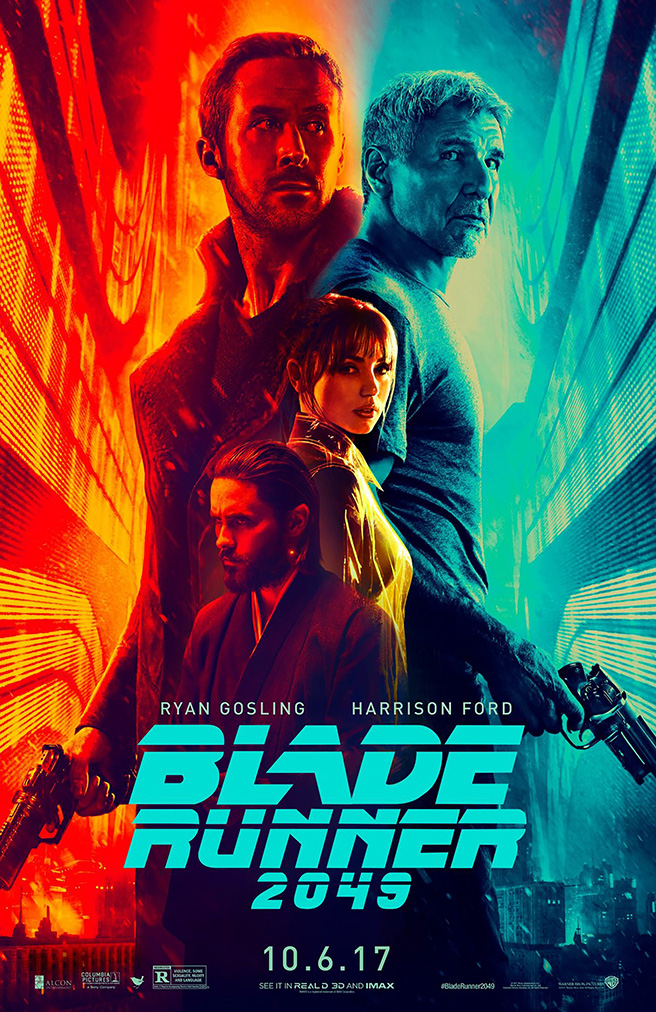




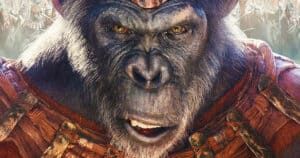
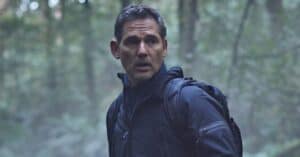
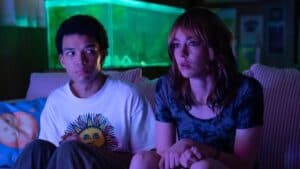
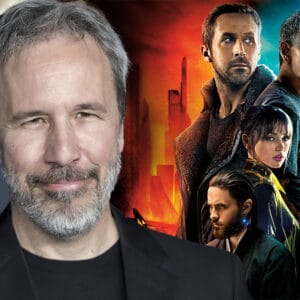
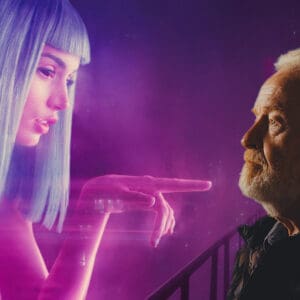
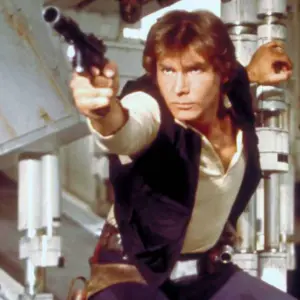
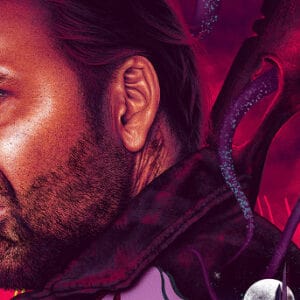
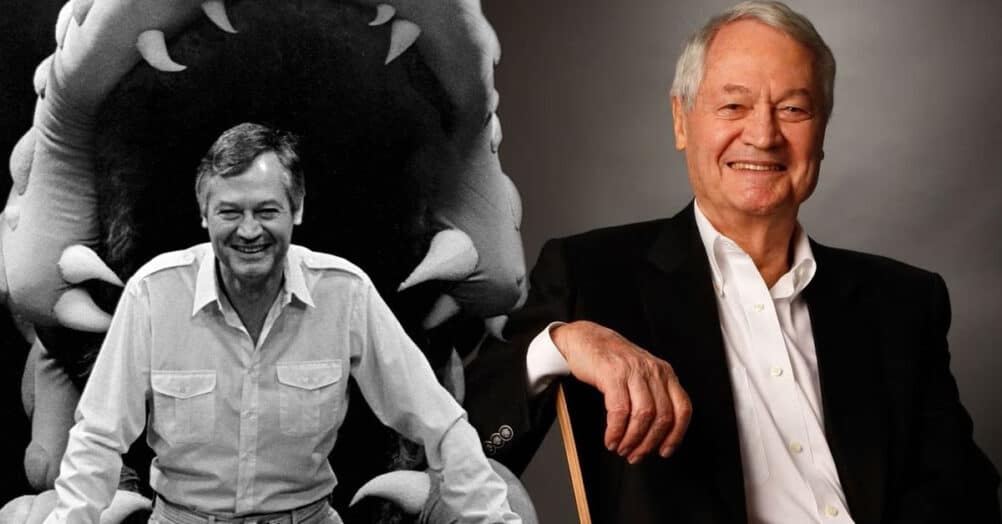
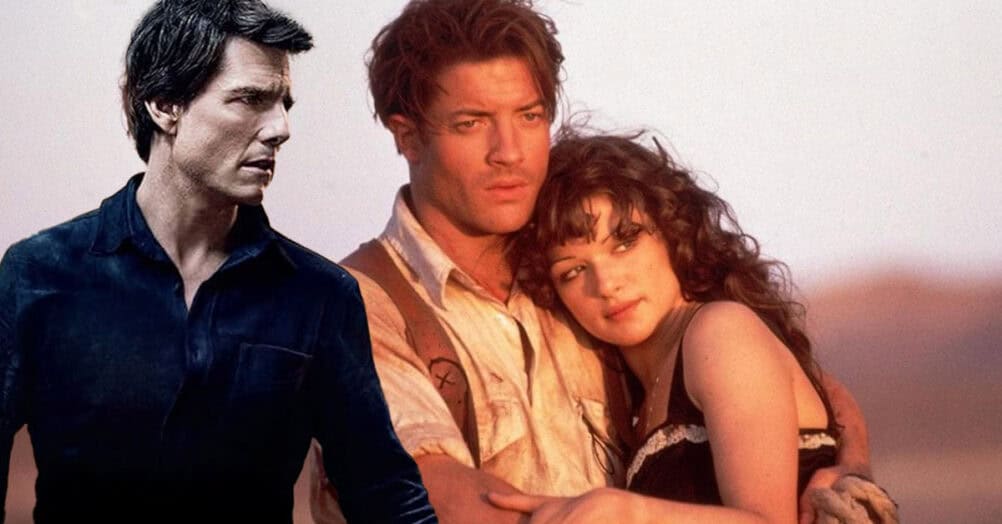
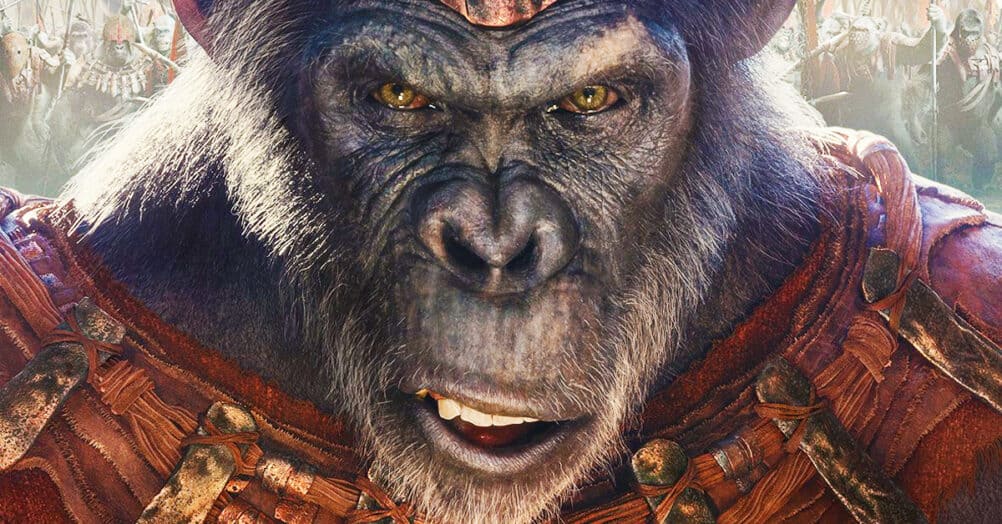
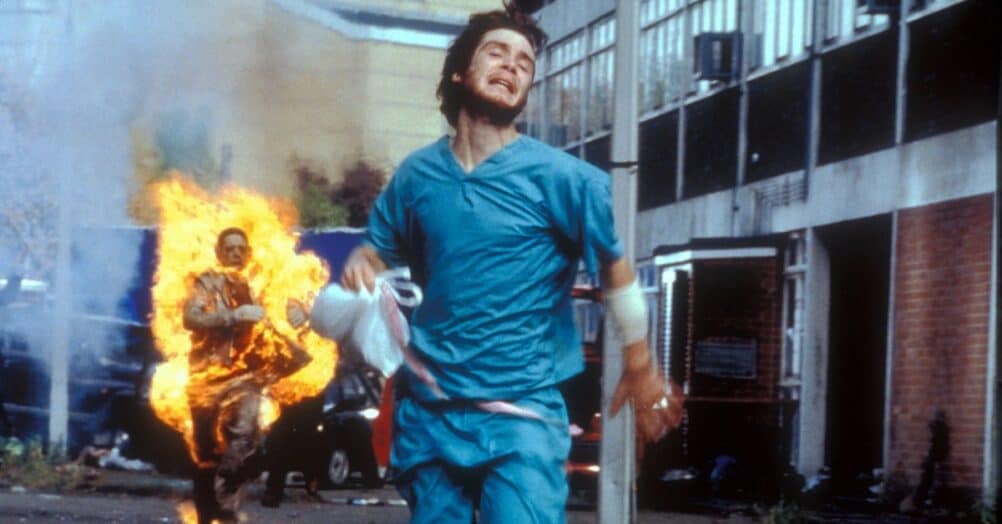
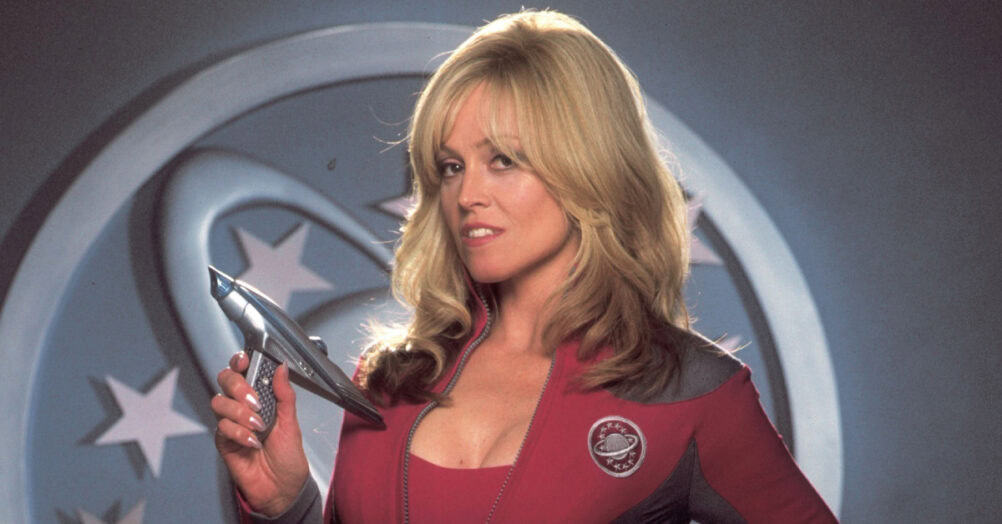


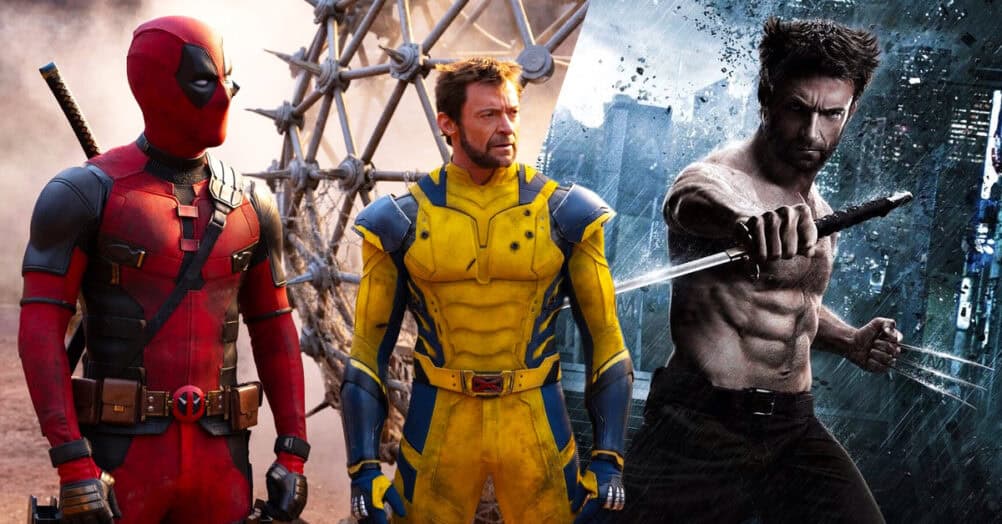
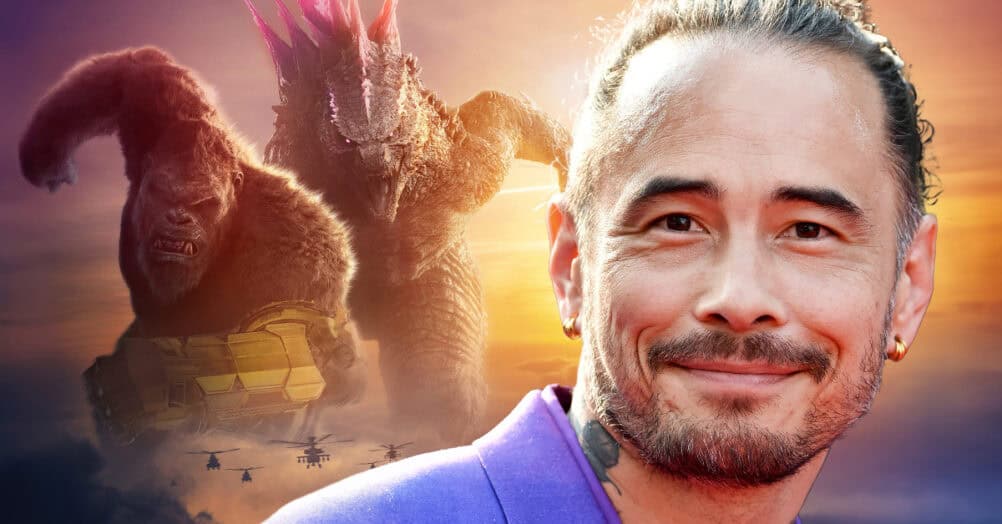
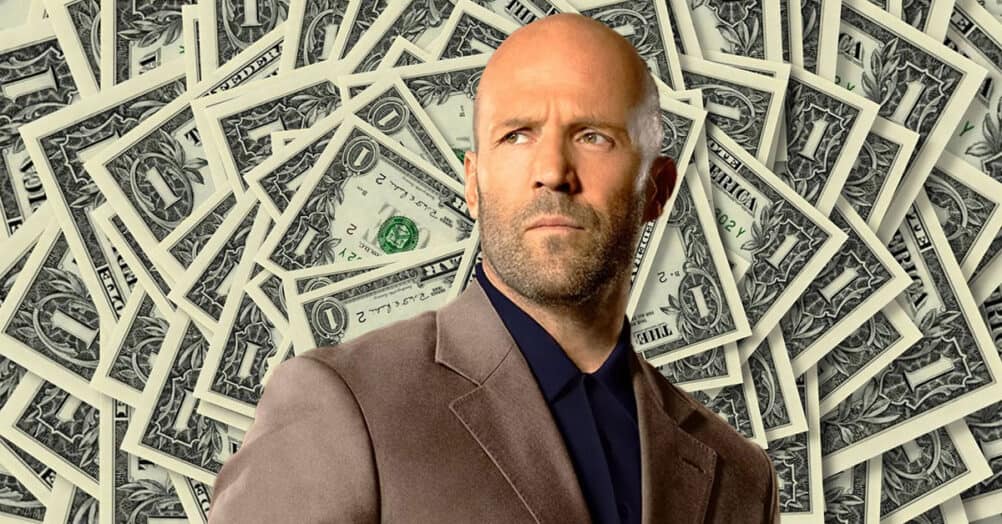
Follow the JOBLO MOVIE NETWORK
Follow us on YOUTUBE
Follow ARROW IN THE HEAD
Follow AITH on YOUTUBE